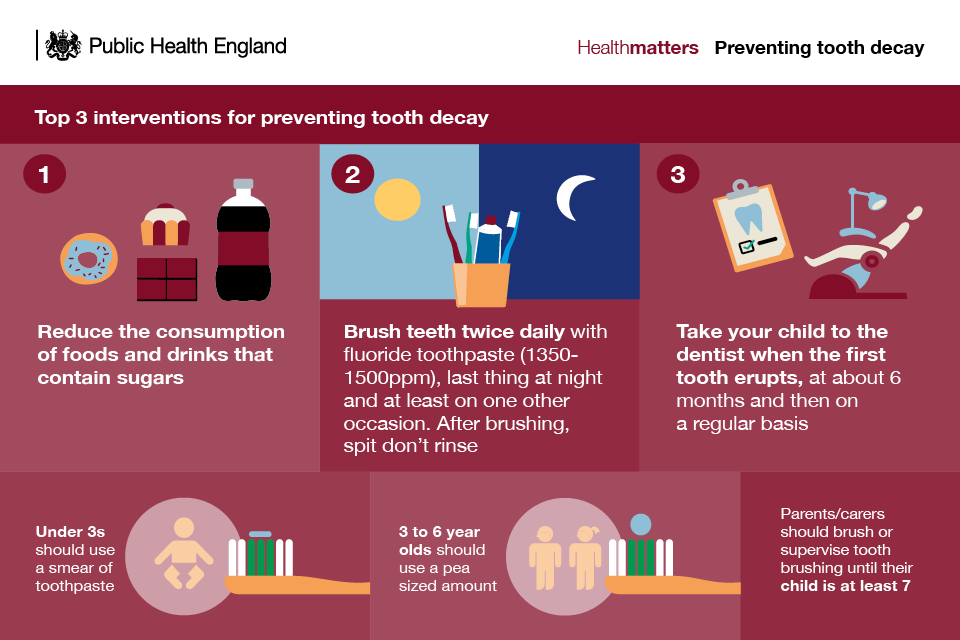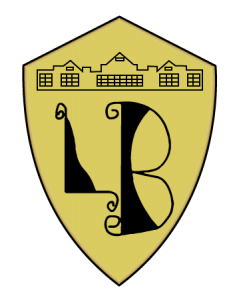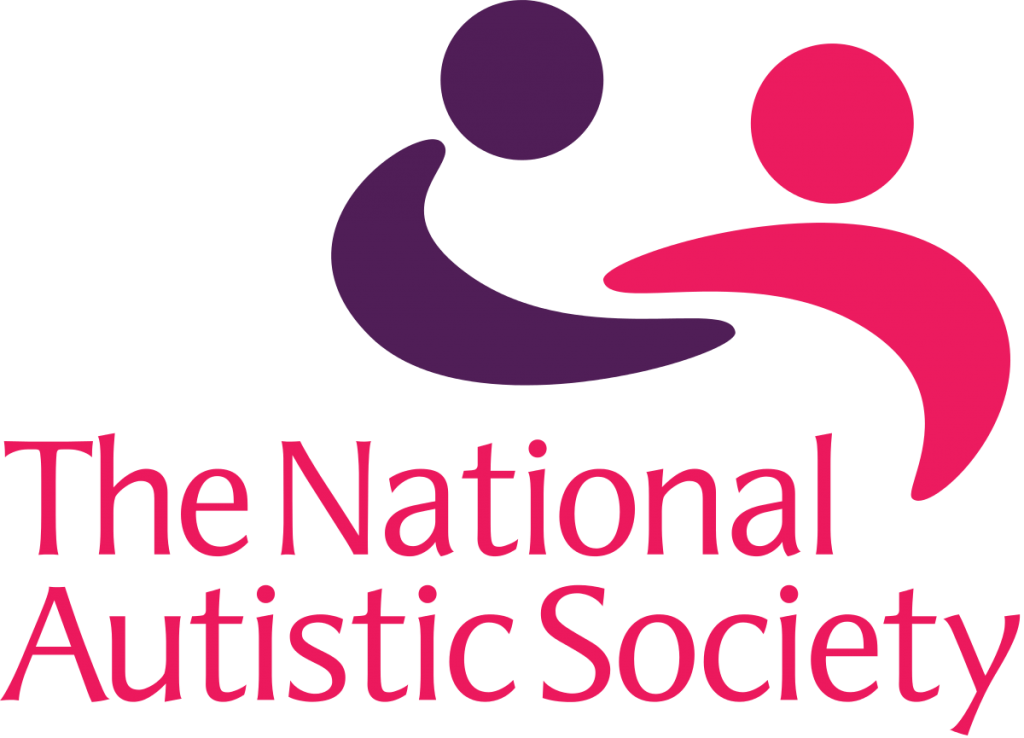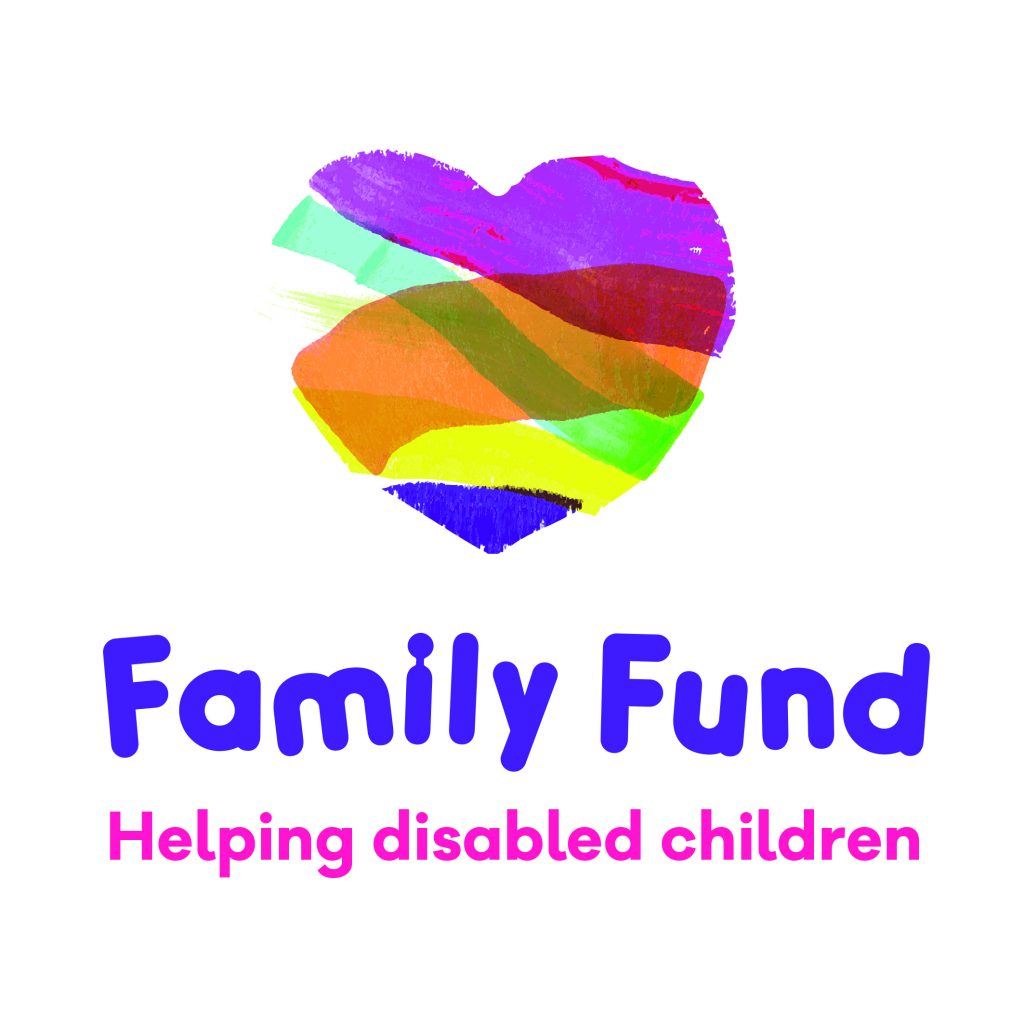We strive to be a healthy school and we have several inititives within the school to promote the health and wellbeing of our children.
School Dinners
We ensure that all children in our school eat a healthy lunch, either from our school dinner service or by ensuring they bring a healthy packed lunch. We have a packed lunch policy in place that advises parents of what to include in a healthy packed lunch. This policy also states that children entitled to FSM are not allowed to bring packed lunches to school and must stay for the healthy 2 course school meal which they are entitled to for free. See our School Meals page for more information.
School Fruit and Vegetable Scheme
The School Fruit and Vegetable Scheme provides your child with one of their 5 a day fruit and vegetable portions. All children receive a piece of fruit (through the School Fruit and Vegetable Scheme) and a drink of water or milk at morning break. There is a different piece of fruit or vegetable every day.
Exercise
Children from Years 1-6 receive 2 hours of PE per week, Reception children 1 hour per week and KS2 children receive one term of swimming lessons per year. We also have an outdoor gym, which is used at play times and lunch times on a rota system for KS2 children. The school yard also has a trim trail for all the children, a MUGA to play football and basketball hoops for ball games.
We also have a variety of after school clubs running through out the year for various age groups including netball, cricket and football, to promote the well being of our children. In addition to this our school has a school football team and netball team for the children in upper KS2. In school time, we have a dance club, where children compete and participate in various events throughout South Tyneside.
The National Child Measurement Programme
As part of the National Child Measurement Programme, children are weighed and measured at school. If you have a child in Reception (ages four and five) or Year Six (ages 10 and 11), you will receive a letter with more information from your local NHS before your child is measured.
On the day, trained staff from your local NHS will weigh and measure your child in their clothes at school. They’ll ensure that the measurements are done sensitively and in private, and your child’s results will not be shared with teachers or other children.
This information is from the NHS Choices Website. For more information on this you can visit their Website
Oral Health
Tooth decay is largely preventable yet it remains a serious problem. Findings from Public Health England’s (PHE) 2015 national dental epidemiology survey of 5 year old children showed that in 2015 in England, a quarter (25%) of 5 year olds had experienced tooth decay, having on average 3 or 4 teeth affected. The vast majority of tooth decay was untreated. (gov.uk) We as a school would like to make that figure much lower, so we work with Pauline Wright, Oral Health Promoter from Community Dental Service, South Tyneside Foundation Trust, to try and achieve The Healthy Happy Teeth Award. Mrs Atherton has worked with Pauline and they have devised an Oral Health Policy to address some points to change practice within school.
Keep all sugar for mealtimes: This allows saliva to complete its job to put minerals back into our teeth. If we eat sugary foods or have sugary drinks for snack time, plaque germs that grow in everyone’s mouth, squirts acid onto our teeth. The acid then weakens the enamel so much, that a hole is produced. The name for this process is called an acid attack. Our mouths can cope with only 4 acid attacks per day. If we have sugary foods and drinks at mealtimes, as well as in our snacks the saliva will not have enough time to repair the tooth. If we keep sugar for mealtimes the saliva can repair any damage, saving the tooth from rotting away. School and parents can help by only allowing safe snacks and MILK or WATER not juice in school. Mrs Atherton has leaflets with examples of safe snacks for teeth.
Dental Attendance: Regular attendance at the dentist is important to prevent any problems and more importantly pain! Remember baby teeth are as important as second teeth as they keep the space and guide the second teeth into place. If a baby tooth is taken out early the second tooth will not come in any earlier, but the other teeth either side will move together to close the gap. This may cause problems with position of teeth later on. Remember dental care is free for all children. School request that parents give the name of their dentist to be included on our school contact sheet in case of any dental emergencies.
You can find information on oral health from the NHS choices website and on the Government’s website.

Sun Safe Schools
We are part of the Sun Safe Schools scheme to ensure that all children enjoy the sun safely. To ensure that all of our children enjoy the sun safely while at school we ask all parents to provide a sun hat and sun cream for their children from March through to the end of September. We have spare hats at school if needed. To find out more information about the scheme and staying safe in the sun visit the Sun Safe School’s Website.
Personal, Social, Health and Citizenship Education in School
Personal, Social and Health Education (PSHE) and Citizenship are central to Lord Blyton School’s ethos, supporting children in their development, and underpinning learning in the classroom, in school, and in the wider community. All children from years 1 – 6 receive a 1 hour dedicated PSHE lesson per week. The skills knowledge and attitudes developed will enable young people to lead healthy, fulfilling and meaningful lives, in which they:
- Respect themselves as individuals, whilst developing an understanding, tolerance and respect for others and their differences, treating all people as equal
- Develop a clear set of values and attitudes, including honesty and kindness and establishing a strong moral code and keeping to it
- Value themselves as unique human beings, capable of spiritual, moral, intellectual and physical growth and development
- Develop their varied abilities and talents fully, setting achievable goals, learning to work and try hard, and understanding both success and failure
- Learn to live and enjoy a healthy lifestyle
- Develop an active role as a member of a family, and of the community
- Value family and marriage as one of the foundations of a civilized society, and a firm basis for the nurturing of children
- Understand the principles of our society and democracy
- Value their role as a contributing member of a democratic society
- Take pride in our local area and our country and in our nation’s great institutions, its traditions, heritage and history.
- Respect the rule of law and encourage others to do so
- Respect religious and cultural diversity and develop an understanding of the beliefs and practices of major world religions and especially Christianity as the national religion and its importance in our history, culture, language and architecture
- Respect the beauty and diversity of the environment and accept responsibility for its maintenance for future generations
The Law
At Lord Blyton school, we educate our children about the laws in the UK. They learn about laws that have a direct impact on them on a daily basis including parental responsibilities such as coming to school, watching age restricted DVD’s and playing age restricted games, and seat belts and car seats. They also learn what happens when children commit crimes and that children aged 10 and over are responsible for any crime they commit.
E-Safety
E-Safety is very important at Lord Blyton and we have policies and procedures in place to safeguard children while at school and educate them about E-Safety through our ICT curriculum and assemblies.
If you would like more information about how to keep your children safe on the internet you can visit the following websites, which provide information and support for parents about e-safety.

Google Families – support pages for families which gives advice on e safety, changing device settings and so forth.
For safer Internet browsing for your family you can use one of the following child safe search engines,
School Nurse
The school nurse is available to speak to every half term, should you have any health related questions or concerns about your child. Ask at the office for details of the School Nurse’s next visit.
The school nurse can give advice and support about any health issues including:
- Growth and development
- Healthy eating
- Weight management
- Behaviour issues
- Feelings and emotions
- Bedwetting and soiling
- Daytime wetting
- Personal hygiene
- Dental
You can find out more about the school nursing team on their website:
https://www.stsft.nhs.uk/services/childrens-and-young-peoples-services/south-tyneside-0-19-team
or visit South Tyneside Council’s website
Mental Health
Are you feeling depressed, stressed or anxious?
South Tyneside Lifecycle Primary Care Mental Health Service can help you.

Headlice
Headlice are a common problem in primary school aged children. From time to time we may get a report from a parent that their child has headlice. For more information about headlice and prevention and treatment you can visit NHS Choices website.
Threadworm
It is important to inform the school if your child has a threadworm infection so that we can take steps to limit the spread of infection. As with all home/school matters, this will be dealt with in a confidential manner. You can find out more information about the symptoms, causes and treatment of threadworm on the NHS Choices website.
Healthy Living For All
We encourage our children to lead a healthy lifestyle through our curriculum. If you are a parent or carer and want to know more about changes you could make that could improve your lifestyle why not visit the Change for Life website where you can find lots of information about healthy living. Change for Life have a new Food Smart app so you can see how much sugar, saturated fat and salt is really inside your food and drink. The link is on their website.





